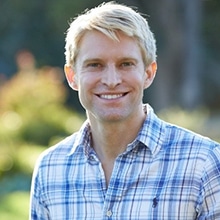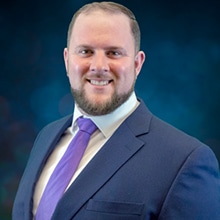
Supporting Citizen Data Science Initiatives Within Science- and Process Driven Industries
Sprachen
As organizations increasingly move towards digitalized environments for carrying out their R&D processes, research teams are gaining access to increasingly large volumes of data to support their decision-making.
However, this presents a double-edged sword, as legacy informatics infrastructures were not designed to handle the volumes of data nor the analyses modern R&D requires to remain competitive in today’s market. As a result, many individuals are becoming “citizen” data scientists, repurposing their skills and roles to develop custom solutions to support their business.
Optimizing these initiatives will require not only buy-in from management, they must also support the wide range of tools their users depend on, from low-code/no-code data pipelining tools through deep programming environments like Python and R.
Centralizing these processes within a common and flexible data science framework can help these grassroots initiatives become powerful drives towards overall organizational success.
This webinar will cover what such a framework looks like, the benefits of a flexible low-code/no-code environment, and provide real-world use cases demonstrating the power a supported citizen data science initiative can provide.
Who Should Attend?
- Lab Managers
- Lab Staff (Scientists, MTA, TA, …)
- Director/Managers of Product R&D
- Director/Managers of R&D IT
- Director/Managers of Informatics or -omics Driven Groups (i.e. Bioinformatics, Cheminformatics, etc.)
- Director/Managers of Data Science teams
- Citizen Data Scientists
Discover more information about BIOVIA.


